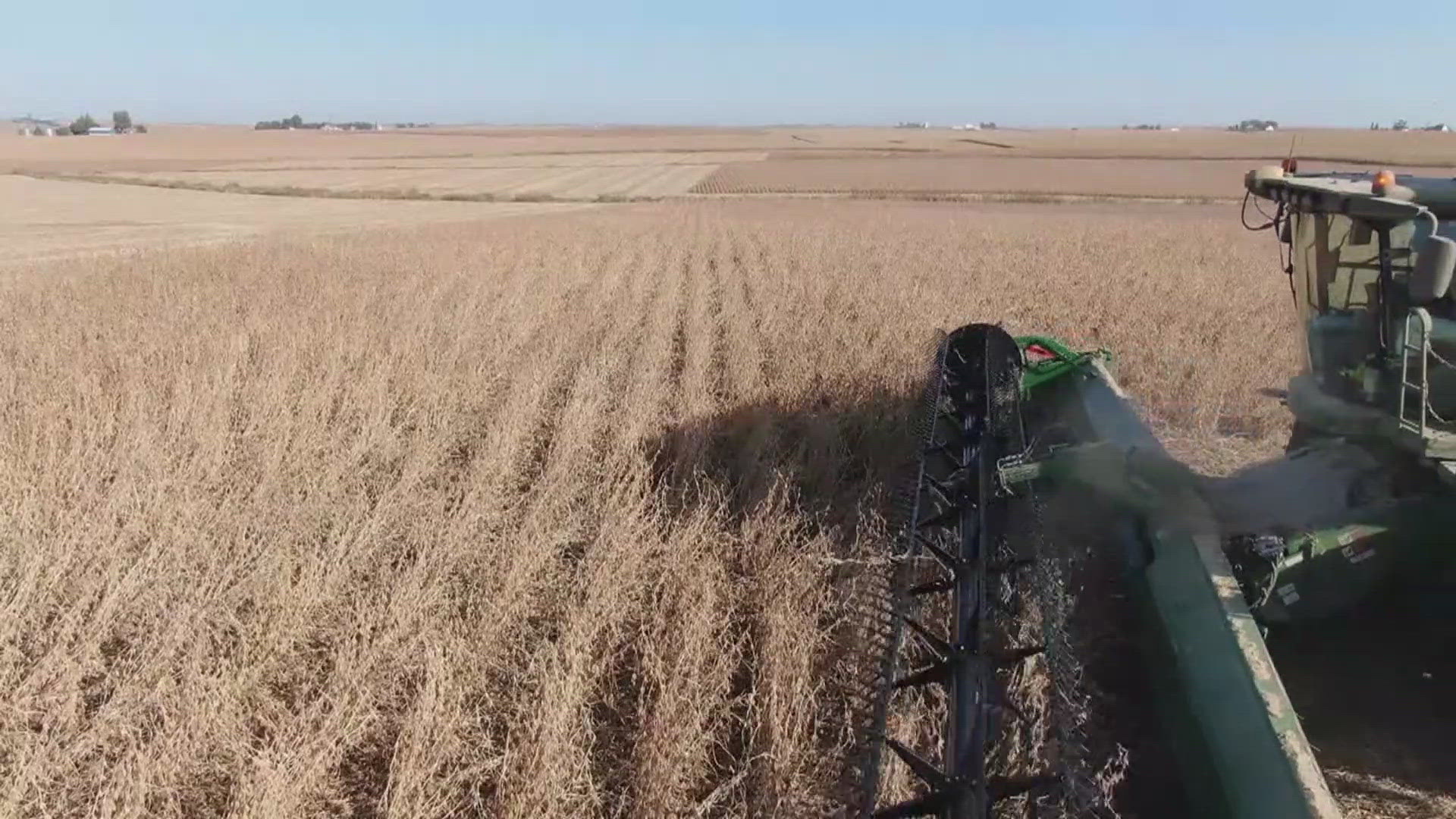WASHINGTON, D.C., USA — The clock is ticking for legislators to decide whether to go out with the old and in with the new, or keep things the same.
The national farm bill is set to expire on Sept. 30. The bill, which expires every five years, was supposed to expire in 2023, but legislators extended the initial bill made in 2018.
Jonathan Coppess, a professor of Agriculture at the University of Illinois, helped work on two farm bills in 2008 and 2014.
"Putting these legislative pieces together into this, what would end up being about 1000 pages of legislative text," Coppess said.
He said with such a large document that involves multiple political parties and organizations, agreeing can be an obstacle.
"It's almost paradoxical, like, pull it all together and it's very powerful, a lot of political strength and vote counting, but it can also work against itself and once it does, it's really difficult to pull those things together and, and have that kind of that kind of political power. Coppess said."
Sen. Chuck Grassley, R-Iowa, said the bill needs to be updated to today's economy as prices continue to change for farmers.
"We've passed a one year extension. It looks like were about to pass another one. We need a five year farm bill to reflect the inflation that has happened in all of agriculture in the last five or six years," Grassley said.
But the bill goes even further, as there are programs that effect consumers across the country—especially those who rely on it to put food on the table.
"About 80% of all the spending is in the SNAP program, but it also serves over 42 million Americans every month on average," Coppess said.
SNAP, The Supplemental Nutrition Assistance Program, helps low-income families buy food across the U.S. With inflation affecting food prices, Coppess said he hopes he hopes a new farm bill is passed.
"And it's really unfortunate, it had been a lot better to see the House ag committee really put together a strong bipartisan bill that could have gotten the votes on the floor and pushed through Congress a little bit better," Coppess said. "We see it, you know, we see the polarization at every level of politics right now."
But as time is running out once again, and the economy keeps changing, Americans are still waiting on what the final vote holds.

